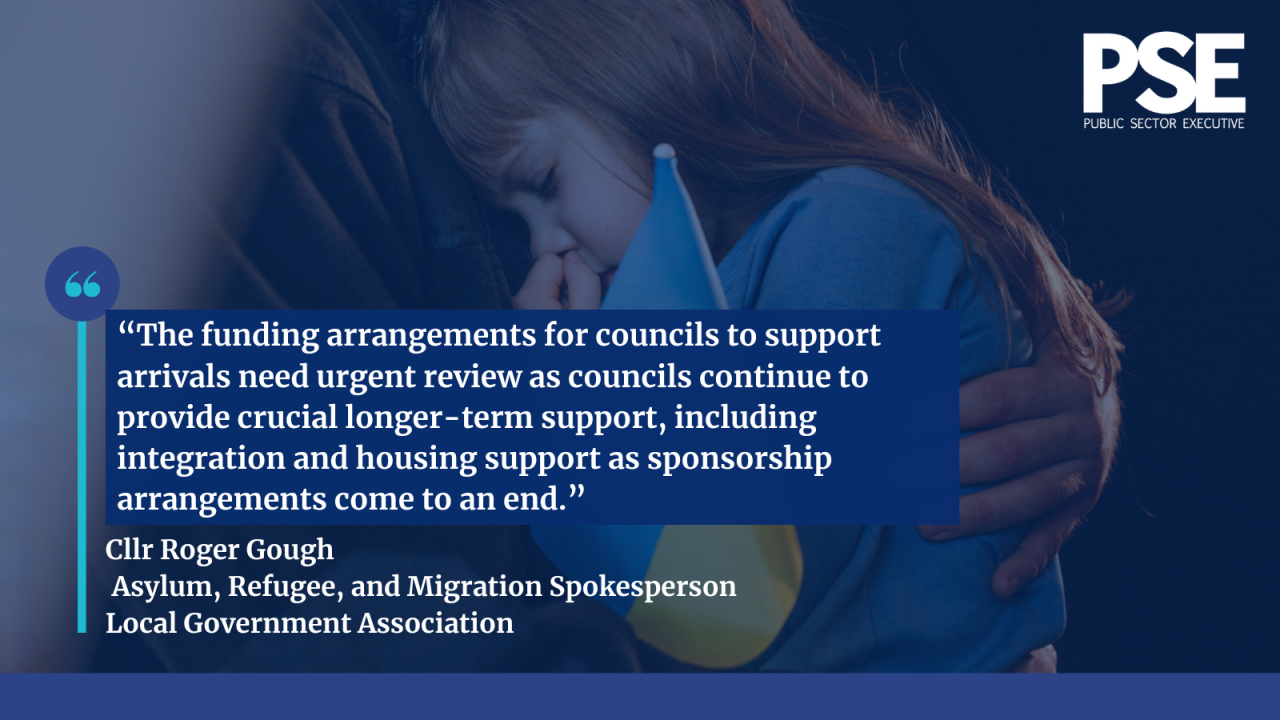The Home Office has announced that Ukrainians who arrived in the UK as they fled the war in their home country are to be provided with increased certainty thanks to a new visa extension scheme.
Applications will open at the beginning of 2025 to allow those who are seeking refuge in the UK to remain for an additional 18 months, as well as continuing to get access to the same work, benefits, healthcare, and education that they have been receiving.
This comes as the second anniversary (24th February) of the full-scale invasion approaches, with the extension supporting the government’s commitments to helping the people of Ukraine. Since the launch of the three support schemes, more than 283,000 refugees from the country have been offered sanctuary.
Speaking about the extension scheme, Minister for Legal Migration and the Border Tom Pursglove MP said:
“This new visa extension scheme provides certainty and reassurance for Ukrainians in the UK on their future as this war continues, and we will continue to provide a safe haven for those fleeing the conflict.”

Whilst the scheme does bring positives for those fleeing the war, the Local Government Association has responded to the announcement with some concerns about funding. Councillor Roger Gough, the LGA’s Spokesperson for Asylum, Refugee and Migration, said:
“Councils work incredibly hard to support asylum and resettlement and have helped communities welcome around 200,000 Ukrainian refugees since the start of the war two years ago.
“However, the pressures of multiple asylum and resettlement schemes are still being compounded by chronic housing shortages. This has resulted in a high number of Ukrainians and refugees leaving asylum accommodation having to present as homeless.
“The Government’s announcement of a visa extension is a positive step, providing much-needed certainty to Ukrainians. But as the visa schemes were designed to provide temporary sanctuary, the funding arrangements for councils to support arrivals need urgent review as councils continue to provide crucial longer-term support, including integration and housing support as sponsorship arrangements come to an end.”
Image credit: iStock



















